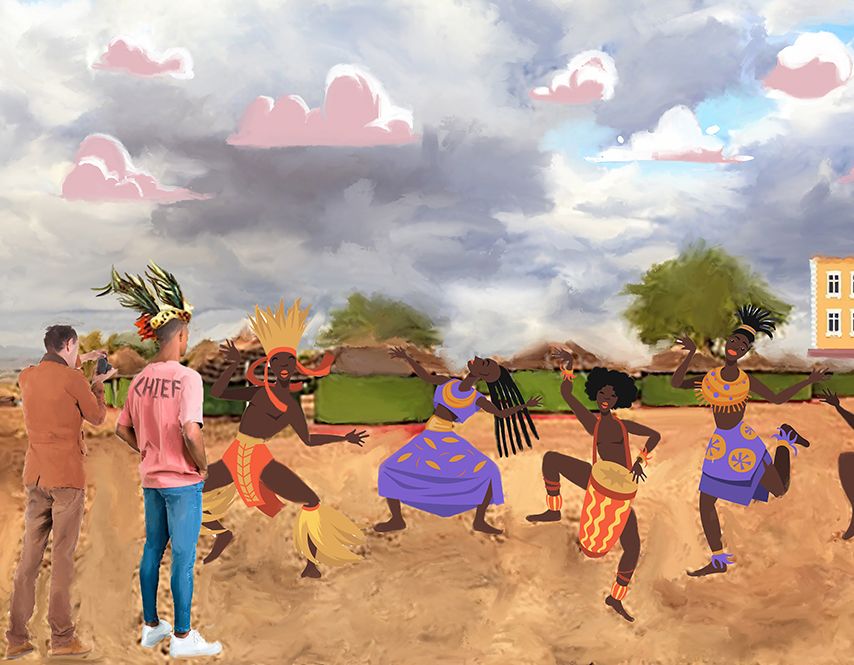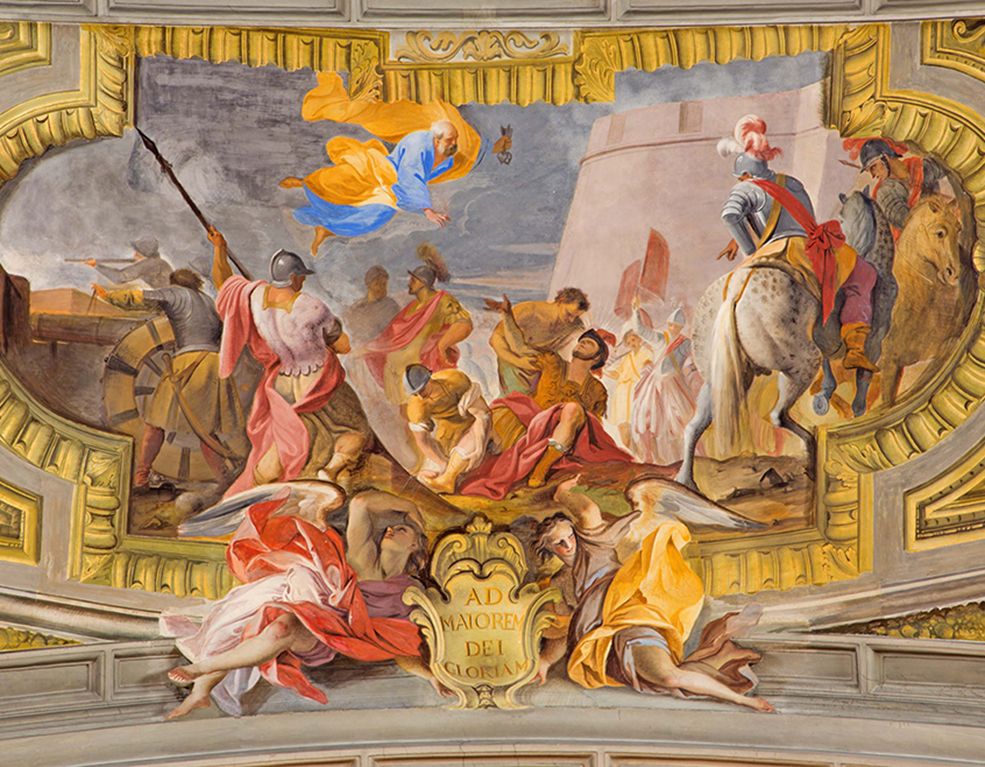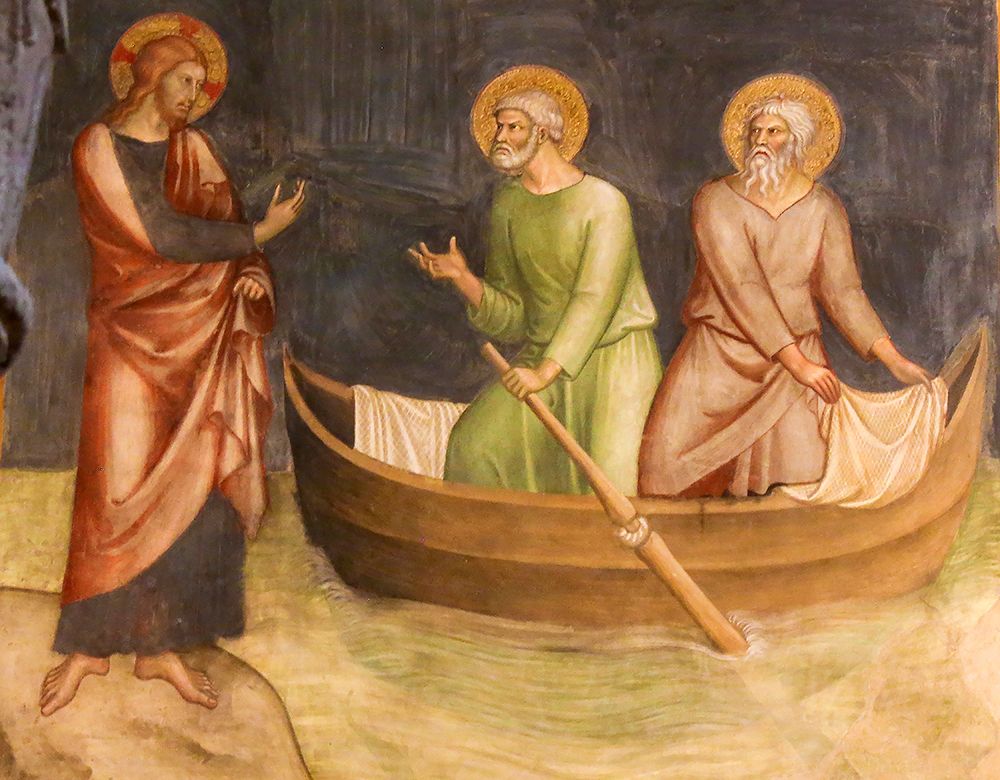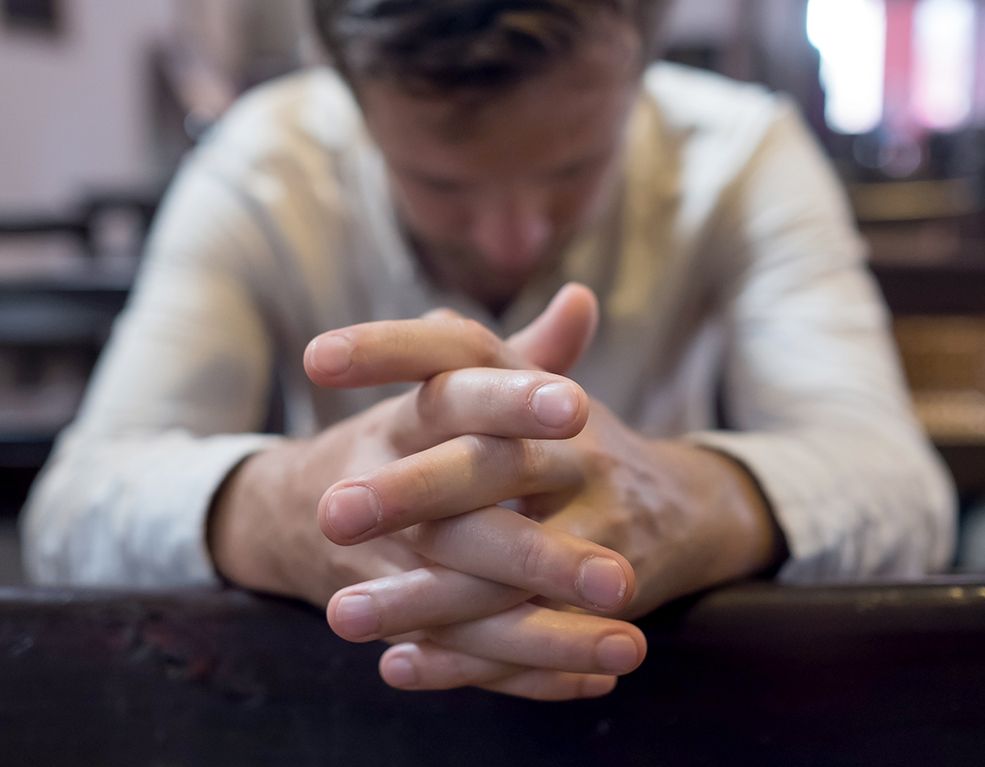Saint Ignatius’ spirituality is a journey to God through his creatures: places, objects, happenings, and people. It is a way to God by affirmation, the positive way. We have seen this in the way Ignatius charges of meaning the different happenings of his existence, reading in them God’s messages, and making them stepping stones in the understanding of the way to God of our individual souls.
This affirmative, positive approach is evident in the way he teaches us to take to heart the mysteries of Christ’s life through our imagination. At the end of his Spiritual Exercises, he exhorts us to pray for the grace of love and contemplation.
His genius makes the Saint’s most personal and deep experience of God become a simple but very concrete meditation.
For him, in his vision, God is like the sun which rises slowly over the hills and inundates the valleys with its rays. The rays of the rising sun rest on all objects: stones, flowers, animals, and people.
They draw them out of darkness and give them their form. The rays are simply inducing them to exist. The rays of the sun symbolize the energies of the love of God, the Creator.
St. Ignatius invites us to meditation to gain divine love, which is a call to grow in contemplating God present in all things. It is a vision of God’s immanent and loving presence in all realities so that we may always live “planted in love and built on love.”
God Is In His Gifts
These are the degrees of God’s presence and our response in St. Ignatius’ teaching. God is love. He is the movement of self-communication. His creative and self-communicating action is expressed in several levels of self-giving or being present to us whom He loves.
First, God wishes to be present to us in the created gifts that He gives us. God is in His gifts. Our very life, our family, the talents God has graced us, the places, times, and relationships which make up our life: all are gifts from God.
Therefore, let us not take life for granted; let us not take anything for granted. Let our growing in age and maturity become an always greater awareness and appreciation of God’s gifts. Let our response be gratitude and thanksgiving. The fruit of this gratefulness is joy and humility: nobody can be grateful and unhappy at the same time.
Moreover, God wishes to be even more present to us by being inside each gift. God’s own presence in each gift is revealed by the fact that the creature’s limited perfections reflect God’s infinite perfection and flow from the goodness of God. This is what we read in the Bible: “God saw that everything was good” (Genesis 1). The response is reverence. Let us not rape the world!
Let us have the attitude which was proper of St. Francis of Assisi (“Brother Sun, Sister Moon”) who felt and expressed the sense of belonging to the same family with all the creatures. This will become ecological sensitivity and spirituality–respect for creation. Let our virtue of sobriety or our vow of poverty be expressed in this way: to want less and to thank more.
God Is In The Heart Of The World
God wishes still more to be present in us in his self-giving love. He is working constantly in each moment and in each creature to make us happy, to make us partake in the blessedness of his plan of salvation. “My Father goes on working and so do I,” says Jesus (John 5:17).
Our response should be: let us work ourselves and serve His holy will in all that we do. Praise, reverence, and service to God constitute a continuous gift of ourselves in loving surrender back to God Who gives Himself so completely to us at all times. This is where love becomes contemplation. It will affect our every initiative and activity. Every vocation is a call to work for the building of the Kingdom of God.
Ordinary life, marriage and the family, economy, science and technology, visual arts and literature: everything will be like the stage on which the drama of our existence joins the immense creativity of God. Even politics has been defined as “the most sublime form of charity.”
Contemplation is therefore a state of being present to God in self-giving so that our whole being is constantly offering itself in love as a pleasing sacrifice to him. “In fact, he is not far from any of us, since it is in him that we live, and move, and have our existence” (Acts 17:28).
























